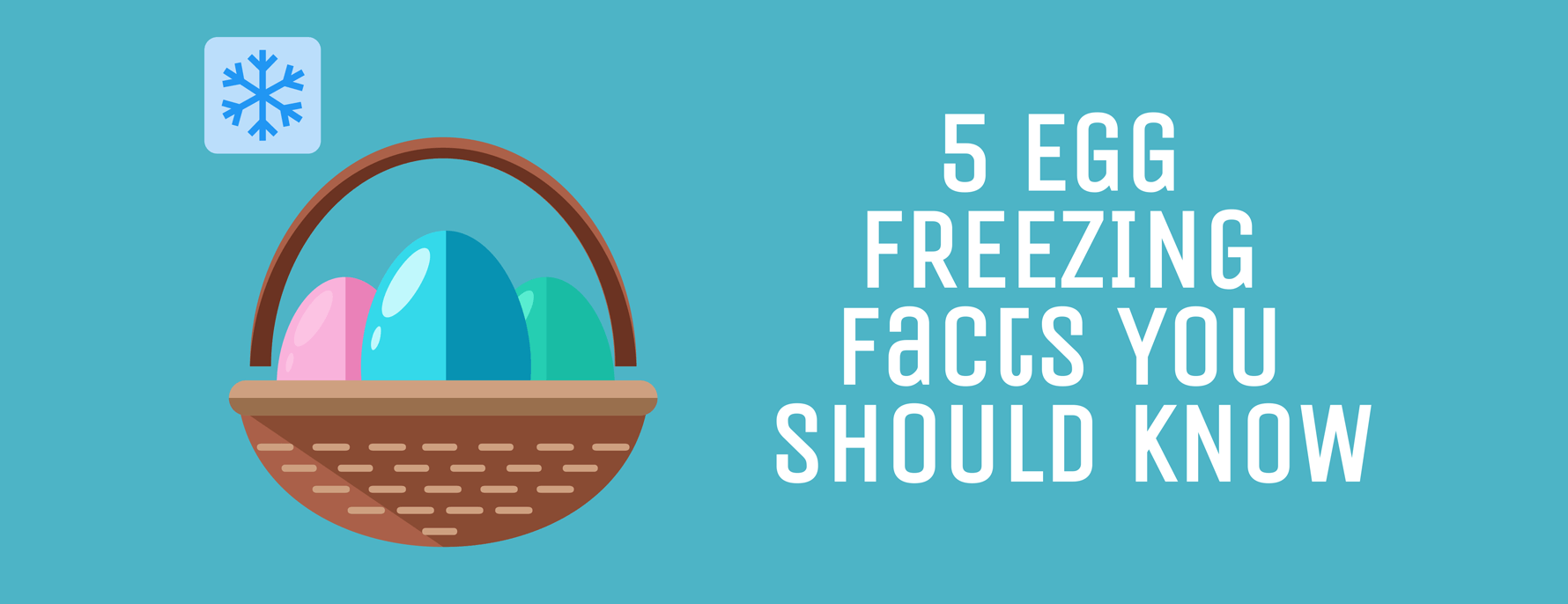

What is egg freezing for woman?
Egg freezing is a method used to preserve a woman’s reproductive potential by going through a similar but shorter duration of an IVF treatment.The mature eggs that are harvested are then frozen and stored for future use.
Women that can benefit from this treatment are:-
- cancer patients before undergoing chemotherapy
- single women who want to preserve fertility
- unforeseen circumstances during IVF treatment

Risks & Complications?
- The best time for a woman to freeze her eggs is before reaching the age of 35 years. Thereafter, fertility starts to decline rapidly.
- Eggs normally don’t survive the thawing as good as embryos, but with the use of vitrification as the method of freezing, it can yield high survival rates.
- The risks and complications of egg freezing are similar to undergoing IVF treatment, in terms of ovarian hyperstimulation syndrome (OHSS). However, at KL Fertility Centre, our OHSS incidence is very rare because of our stimulation protocol.

A Patient’s Journey

What’s included in The Cost of Egg Freezing?

If you are interested in knowing more or have decided to get in touch with us, please drop us an email at mgmt@klfertility.com or call us at
to make an appointment.


If you are interested in knowing more or have decided to get in touch with us, please call us at
Or send us your enquiry
FAQs About Egg Freezing in Malaysia
1. What is the ideal age for egg freezing?
It is best to freeze your eggs when you are younger. This is because as women get older, the number of eggs they have, and their quality, naturally decrease.
2. Is there a maximum age recommended for egg freezing?
You can freeze your eggs at any age, provided you still have a sufficient number of retrievable eggs. While there is no strict age limit, fertility experts recommend freezing eggs ideally before age 35, as egg quality and quantity decline significantly after this point, affecting the chances of future pregnancy success.
3. How does the egg freezing process work?
It involves ovarian stimulation with hormone injections, egg retrieval via a minor procedure under sedation, and rapid freezing (vitrification) of mature eggs. The entire process typically takes 2-3 weeks, excluding preliminary fertility investigations beforehand.
4. How long can you store the frozen eggs?
Storage of frozen eggs for as long as you wish. However, it is important to also consider the age at which you plan to carry a pregnancy, as this can impact both your health and the potential success of the pregnancy.
5. Is it possible to transfer frozen eggs to another fertility clinic or even to a different country?
Yes, you can relocate your frozen eggs to another clinic or even a different country. The logistics, documentation, customs processes, and payment for this will typically be handled by an external transport service.
You should also thoroughly research the specific rules and regulations of the clinic and the country where you plan to move your eggs. Different countries and clinics have varying legal requirements and storage limits for frozen gametes, which can affect how long your eggs can be stored and under what conditions.